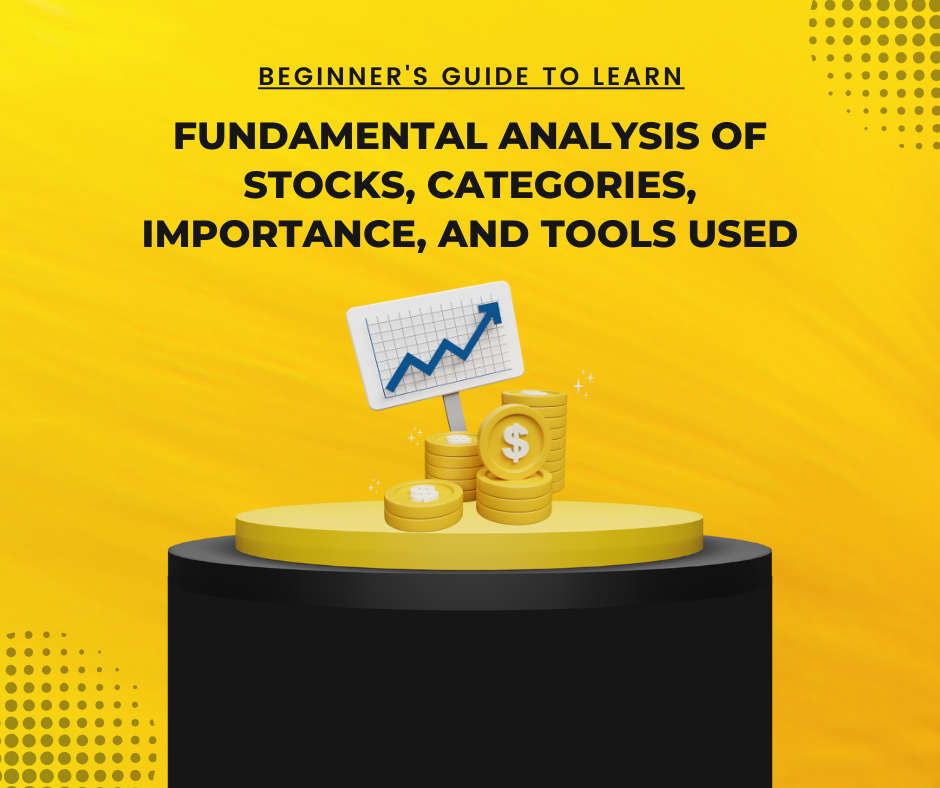
Understanding The Psychology of Trading
Trading isn't just about numbers and charts
It's deeply rooted in psychology. Understanding the psychology of trading can be the difference between success and failure in the market. By delving into the emotional and mental aspects of trading, you can develop strategies that align with your financial goals and help you navigate the volatile world of trading with confidence and composure.
What is Trading Psychology?
Trading psychology refers to the mental and emotional factors that influence a trader's decisions. It encompasses a trader's emotions, thought processes, biases, and overall mindset. Understanding trading psychology is crucial because even the most knowledgeable traders can make poor decisions if they let emotions take control.
Emotions in Trading
Emotions play a significant role in trading. Two primary emotions, fear and greed, often drive traders' decisions. Fear can prevent traders from taking risks and seizing opportunities, while greed can lead to reckless behavior and significant losses. Recognizing and managing these emotions is essential for successful trading.
The Role of Fear in Trading
Fear is a powerful emotion that can paralyze traders. Fear of losing money, fear of missing out (FOMO), and fear of making the wrong decision can all lead to hesitation and inaction. To manage fear, traders need to develop a clear trading plan, stick to their strategies, and learn to accept that losses are a part of trading.
The Impact of Greed on Trading Decisions
Greed can be just as detrimental as fear. When traders become too greedy, they may hold onto winning trades for too long, hoping for even higher profits, or take on excessive risk. Recognizing when greed is influencing your decisions and setting realistic profit targets can help keep greed in check.
Cognitive Biases in Trading
Cognitive biases are systematic patterns of deviation from norm or rationality in judgment. In trading, biases such as confirmation bias, overconfidence, and recency bias can cloud judgment and lead to poor decisions. For example, confirmation bias might cause a trader to favor information that supports their existing beliefs while ignoring contradictory evidence.
Overcoming Cognitive Biases
To mitigate cognitive biases, traders should strive to be aware of them and actively seek out objective information. Techniques such as keeping a trading journal, reviewing past trades, and seeking feedback from other traders can help develop a more rational and unbiased trading mindset.
The Importance of Discipline in Trading
Discipline is the cornerstone of successful trading. It involves sticking to your trading plan, managing your emotions, and consistently applying your strategies. Building discipline requires setting clear rules for your trades, maintaining patience, and avoiding impulsive decisions.
Managing Stress in Trading
Trading can be stressful, especially during volatile market conditions. Stress can lead to burnout and poor decision-making. Effective stress management techniques include regular exercise, mindfulness practices, taking breaks, and ensuring you have a healthy work-life balance.
Developing a Trading Routine
A well-structured trading routine can help maintain discipline and reduce stress. An effective routine includes time for research, analyzing market conditions, setting up trades, and reviewing performance. Having a consistent routine helps create a sense of normalcy and reduces the impact of emotions on trading decisions.
The Role of Confidence in Trading
Confidence is vital in trading, but it's essential to balance confidence with caution. Overconfidence can lead to taking unnecessary risks, while lack of confidence can cause hesitation. Building confidence comes from experience, education, and learning from both successes and failures.
Learning from Trading Mistakes
Every trader makes mistakes, but the key is to learn from them. Analyzing mistakes, understanding what went wrong, and making adjustments can turn failures into valuable learning experiences. Keeping a trading journal to document trades and reflect on mistakes can aid in this process.
The Influence of Market Psychology
Market psychology refers to the overall sentiment of market participants. Understanding market psychology can help traders anticipate market movements. Sentiment indicators, news analysis, and observing market reactions can provide insights into the prevailing market mood and potential future trends.
Developing a Long-Term Trading Mindset
Successful traders focus on long-term goals rather than short-term gains. A long-term mindset helps avoid the pitfalls of impulsive decisions and emotional reactions to market fluctuations. Setting clear long-term objectives and developing a comprehensive trading plan aligned with those goals can provide a roadmap for sustained success.
Conclusion
Mastering the psychology of trading is as important as understanding the technical aspects of the market. By recognizing and managing emotions, overcoming cognitive biases, maintaining discipline, and developing a robust trading routine, traders can improve their decision-making processes and enhance their chances of success. Trading is a journey that requires constant learning and self-improvement, but with the right mindset, it's possible to navigate the market with confidence and achieve your financial goals.
Comments (0)
Categories
Recent posts


Tips on how to select the Best Share ...
18 Sep 2024
Best Intraday Trading Strategies for ...
24 Jun 2024
Fundamental Analysis Of Stocks, ...
4 Jul 2024



